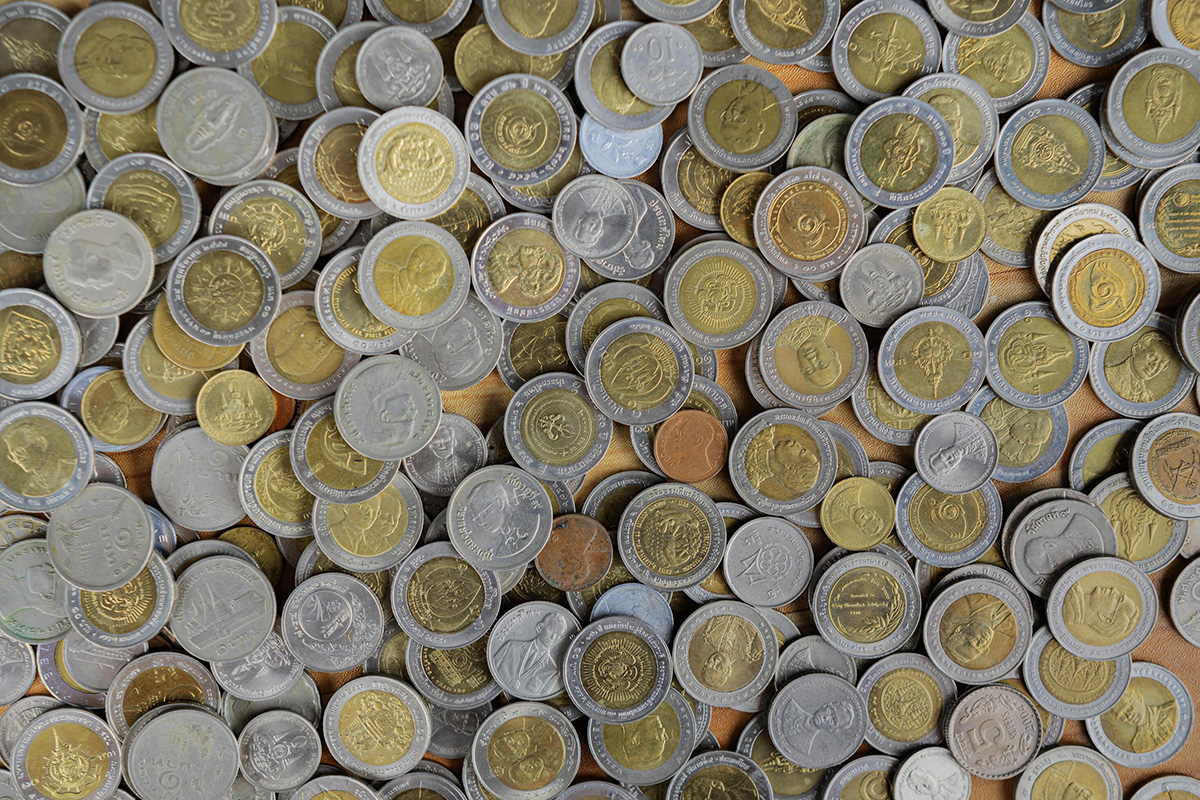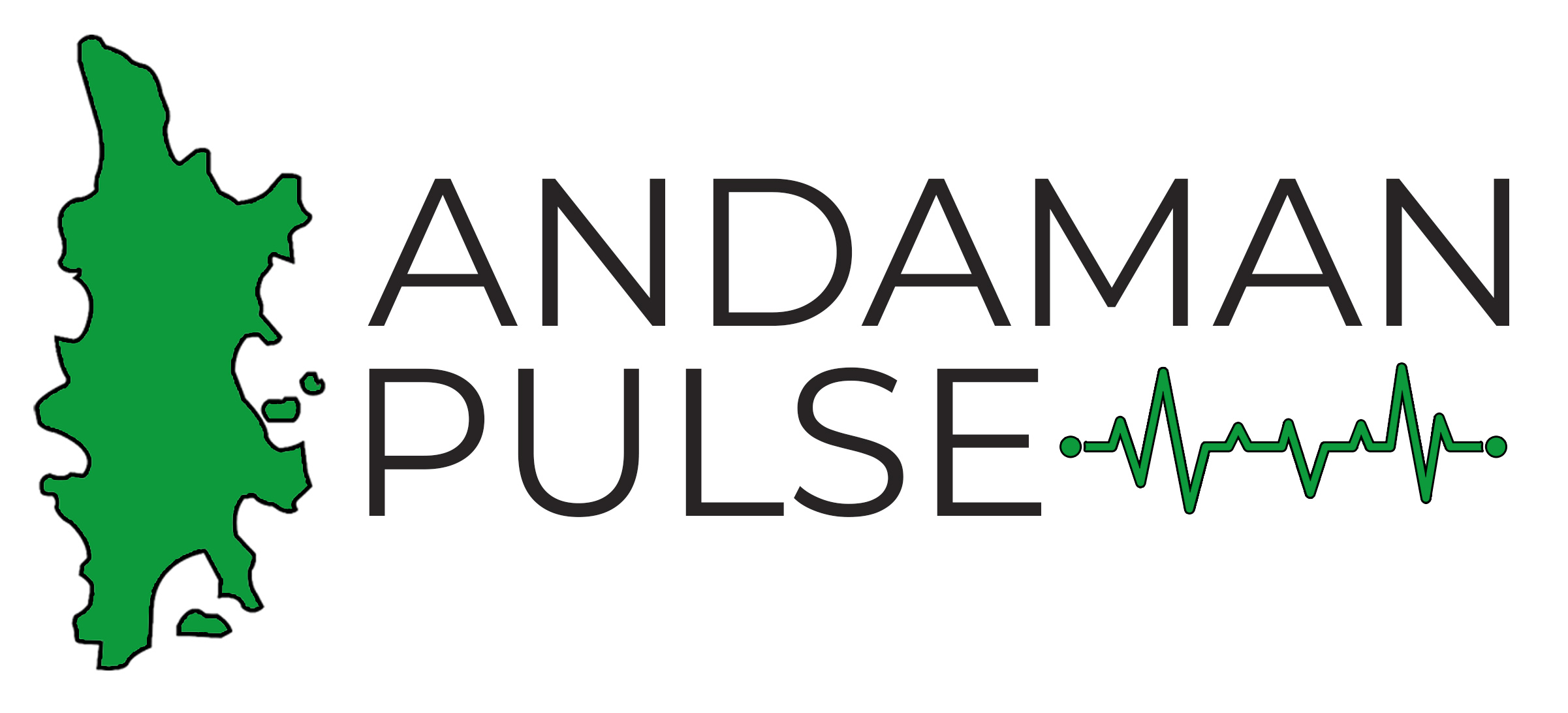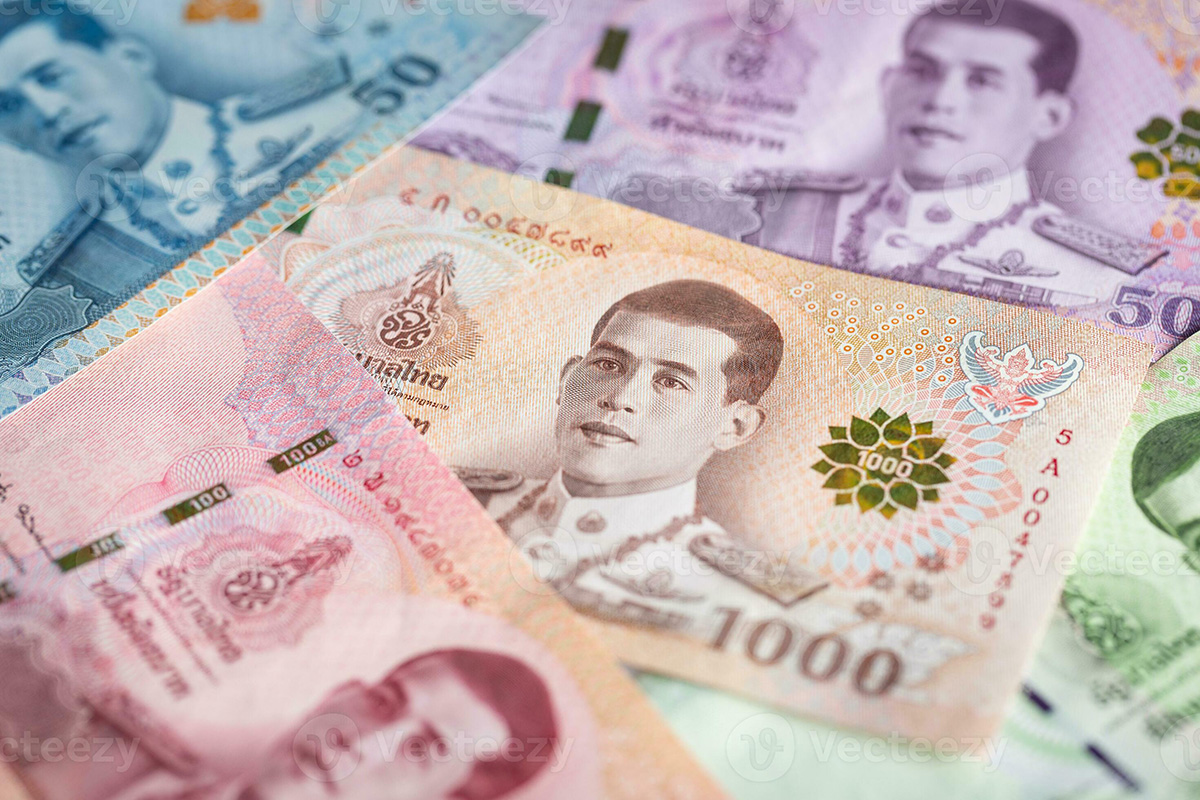Whether you dream of Patong’s vibrant energy, Phi Phi’s turquoise waters, or Chiang Mai’s cultural charm, one thing is essential for every traveler: understanding the Thai Baht (THB). This comprehensive guide, crafted with your Thailand trip in mind, will demystify the Baht, ensuring smooth sailing (and spending!) on your Andaman adventure.
Why Knowing the Baht Matters (Beyond Just Paying!)
The Thai Baht isn’t just paper and coins; it’s the key to unlocking authentic experiences. From haggling at a Phuket night market to tipping your longtail boat captain or making a sacred offering at a temple, handling Baht confidently connects you deeper to the local culture. Plus, knowing how to manage your money wisely means more budget for delicious street food and unforgettable excursions!
Meet the Thai Baht: Symbols & Breakdown
- Symbol: ฿
- Abbreviation: THB
- Coins: Common denominations are 1, 2, 5, and 10 Baht coins. You’ll also find smaller Satang coins (100 Satang = 1 Baht), like 25 and 50 Satang, though these are less common in everyday tourist transactions (prices are usually rounded).
- Banknotes: Vibrant and feature images of the current Thai King. Key notes are:
- ฿20 (Green) – Essential for temple donations & small purchases.
- ฿50 (Blue)
- ฿100 (Red) – The most commonly used note.
- ฿500 (Purple)
- ฿1000 (Beige/Brown) – Larger purchases, harder to break at small vendors.
Exchanging Your Money: Getting the Best Rates in Thailand
Getting the best value for your Baht is crucial. Here’s the lowdown:
- Avoid Airport Exchanges (If Possible): While convenient upon arrival, exchange counters at Suvarnabhumi (BKK) or Phuket International Airport (HKT) typically offer the worst rates and higher fees. Only exchange a small amount here for immediate expenses (taxi, SIM card).
- Authorized Money Changers are King: Once in town (Phuket Town, Patong, Kata, Karon), seek out authorized exchange booths. Look for clear displayed rates and “Authorized Money Changer” signage.
- SuperRich (Green or Orange logo) is renowned nationwide for excellent rates, though branches are less common in Phuket than Bangkok.
- Local Booths: In Phuket, areas like Patong Beach Road have numerous reputable booths. Always compare rates between a few booths – they change constantly! Pro Tip: Rates for larger bills (USD $50, $100) are usually better than for smaller ones.
- ATMs: Convenient but Costly:
- Widely available across Thailand, including Phuket.
- Major Drawback: Thai banks charge a ฿220 fee per withdrawal (approx. $6-7 USD), on top of any fees your home bank charges.
- Maximize: Withdraw larger amounts less frequently to minimize fee impact. Check if your home bank reimburses international ATM fees. Use ATMs attached to banks for security.
- Credit/Debit Cards:
- Accepted in larger hotels, resorts, upscale restaurants, department stores (like Central in Phuket), and some tour operators in Thailand.
- Not Widely Accepted: Small shops, markets, street food stalls, local taxis (tuk-tuks, songthaews), and most guesthouses operate cash-only.
- Dynamic Currency Conversion (DCC): ALWAYS DECLINE! If asked, choose to be charged in Thai Baht (THB), not your home currency. DCC offers poor exchange rates and extra fees.
- Inform Your Bank: Notify your bank of travel dates to avoid card blocks for “suspicious activity.”

Cash is Still King (Especially in Phuket!)
While card usage is growing, Thailand, particularly Phuket’s bustling markets, local eateries, transport, and smaller vendors, run on cash. Always carry sufficient Baht with you. A mix of smaller notes (฿20, ฿50, ฿100) and some larger ones (฿500, ฿1000) is ideal.
Practical Baht Tips for Your Phuket & Thailand Trip:
- Carry a Secure Wallet/Pouch: Keep your cash safe. Consider a money belt or neck wallet, especially in crowded areas.
- Small Bills are Golden: Break larger notes (฿500, ฿1000) whenever possible – at 7-Eleven, paying for a slightly larger meal, or when buying something from a bigger shop. Small vendors often struggle to change big notes, especially early in the day.
- Check Your Change: Politely count your change, especially in fast-paced environments. Mistakes are rare but can happen.
- Tipping: Not mandatory but highly appreciated for good service. 20-100 Baht for tour guides, drivers, masseuses. Rounding up the bill or leaving small change at restaurants/cafes is common. Leave coins in temple donation boxes.
- Bargaining: Expected in markets (like Phuket’s Weekend Market) and with non-metered transport (agree on price before getting in!). Be polite and friendly. It’s a negotiation, not a confrontation. Prices in malls and restaurants are fixed.
- Waterproofing: Beach days? Keep cash in a waterproof pouch!
- Current Exchange Rate: Use reliable apps like XE Currency or Google for real-time updates.
Digital Payments on the Rise (But Cash Still Dominates)
- PromptPay: Thailand’s national real-time payment system. Requires a Thai bank account, mainly for residents.
- Mobile Wallets (e.g., TrueMoney Wallet, Rabbit LINE Pay): Gaining popularity, especially among younger Thais and in chain stores. Tourists can top up TrueMoney Wallet at 7-Eleven, useful for some services or online top-ups.
- QR Code Payments: Increasingly common in shops, taxis (metered), and even some street vendors linked to PromptPay or mobile wallets. As a tourist, using these often requires a Thai bank account setup.
The Bottom Line for Travelers
While digital options are emerging, rely primarily on cash for day-to-day spending during your Thailand trip. Supplement with cards for larger purchases at established businesses and use ATMs strategically. More importantnly, plan your cash flow! Exchange a decent amount at a reputable booth in Phuket Town or Patong shortly after arrival (after using just a little airport cash). Use ATMs sparingly due to fees. Keep smaller denominations handy for the beach, markets, and transport. Enjoy the peace of mind that comes with being Baht-savvy!
Stay tuned to Andaman Pulse for more essential guides, insider tips, and captivating stories about Phuket and the wonders of Thailand! Ready to explore more? Check out our guides on Phuket’s beach or delicious Thai food.
FAQ – You’ve got a question, we’ve got the answers!
What currency is used in Thailand?
The Thai Baht (THB / ฿).
Should I exchange money before arriving in Thailand?
Usually not necessary and rates are often poor at home. Bring some home currency (USD, EUR, GBP are best) or a travel card to exchange upon arrival.
Are US Dollars accepted in Thailand?
Very rarely, and only in highly touristy areas at poor rates. Always use Baht.
Where is the best place to exchange money in Phuket?
Authorized money changers in Patong, Phuket Town, or Karon/Kata. Avoid the airport for large sums.
Can I use my credit card everywhere in Thailand?
No, especially not in markets, street food stalls, or with local transport. Cash is essential.


